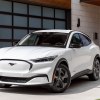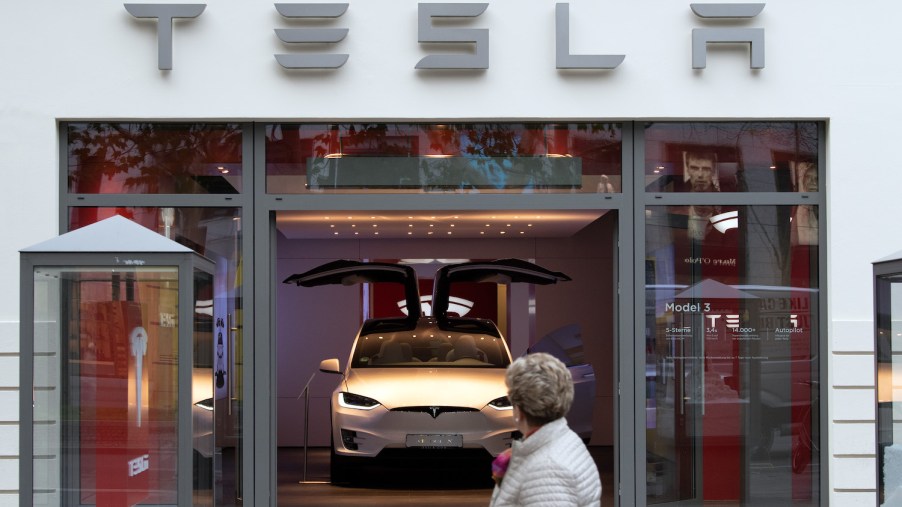
Teslas Might Qualify for an EV Tax Credit Again in 2023—but You Might Not
The government passed several significant changes to the 2023 EV tax credit. It abolished the 200,000 unit limit, which had rendered large EV producers such as Tesla ineligible. But at the same time, it established an income cap ($150k individual/$225k head of household/$300k couple). This cap will prevent many of the folks who can even afford a Tesla from claiming the tax rebate.
Does Tesla qualify for a tax credit?
Tesla was once ineligible for federal EV tax credits based on how many vehicles the company had produced. Beginning in 2023, cheaper Tesla models might be eligible–for certain buyers.
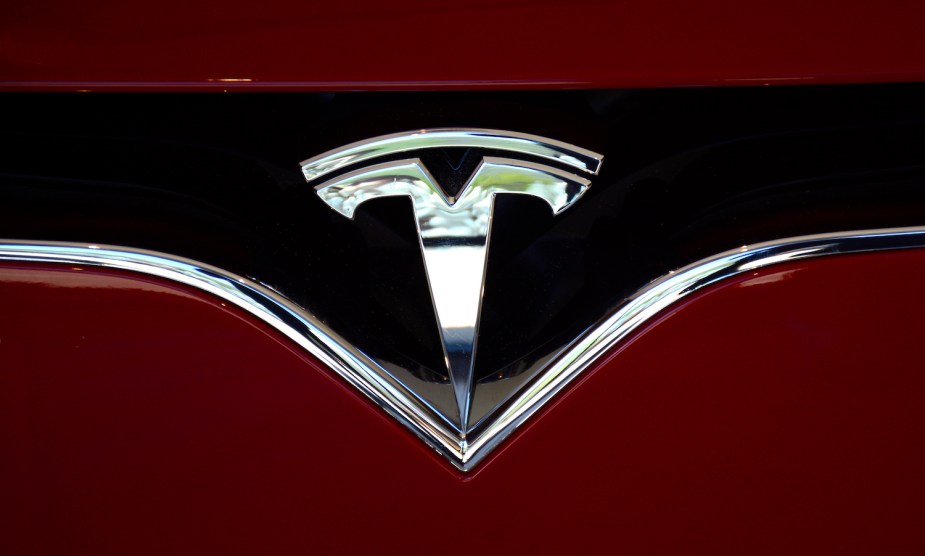
Through 2022, the federal EV tax credit law only applied to the first 200,000 electric vehicles any manufacturer produced. This means that Tesla had built too many EVs for 2022 Tesla buyers to apply for the $7,500 tax rebate.
Tesla fans rejoiced when the government announced it would abolish this cap with the new 2023 EV tax credit. But several other stipulations of the new law will make most any Tesla ineligible.
Which Tesla models qualify for the 2023 EV tax credit?
With all the rules changing rapidly, it is not yet clear which Tesla models will qualify for the 2023 EV tax credit. But we know that based on MSRP alone, most Tesla models will be ineligible.
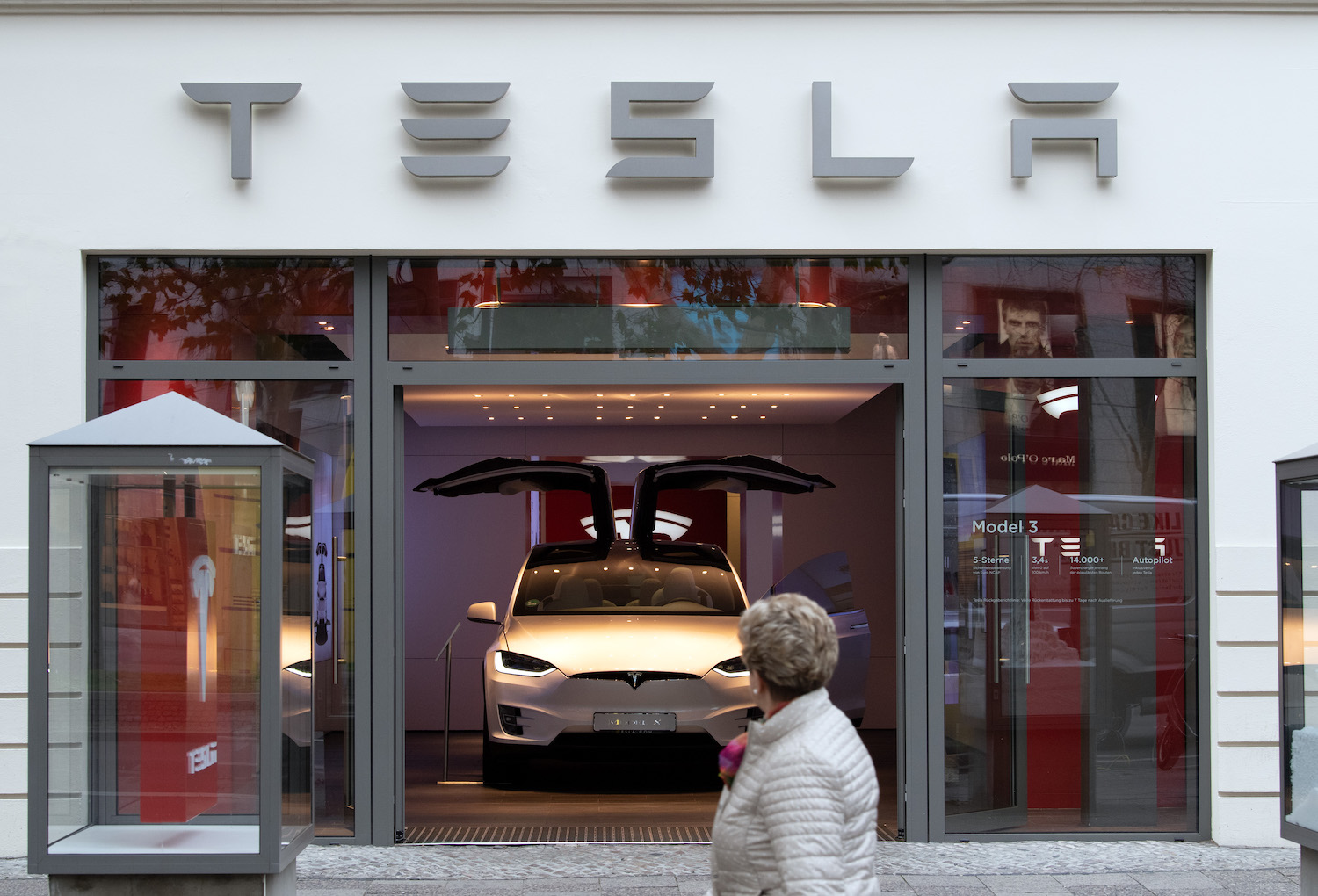
The 2023 EV tax credit will only apply to electric cars that sell for less than $55,000 and light duty trucks, SUVs, or vans that sell for less than $80k. With a $45,000 starting price, base-level Tesla Model 3 sedans could be eligible. And with a $60k starting price, some Tesla Model Y SUVs may also be eligible. But neither the Model S nor Model X will qualify.
Even EVs with a low enough sales price might not qualify for the new tax credit. Not only must they be assembled in the U.S., but a large percentage of their battery materials and components must either come from the U.S. or be sourced from a country with which the U.S. has a free trade agreement–according to Clean Technica. Neither Tesla nor the government has made it clear whether any of Tesla’s vehicles will meet this strict requirement.
Do I qualify for an EV tax credit?
The 2023 EV tax credit law specifies that only individuals making less than $150k a year (or $225k for a head of household and $300k for a couple) are eligible for an EV tax credit. What’s more, you can only get one EV tax credit every three years.
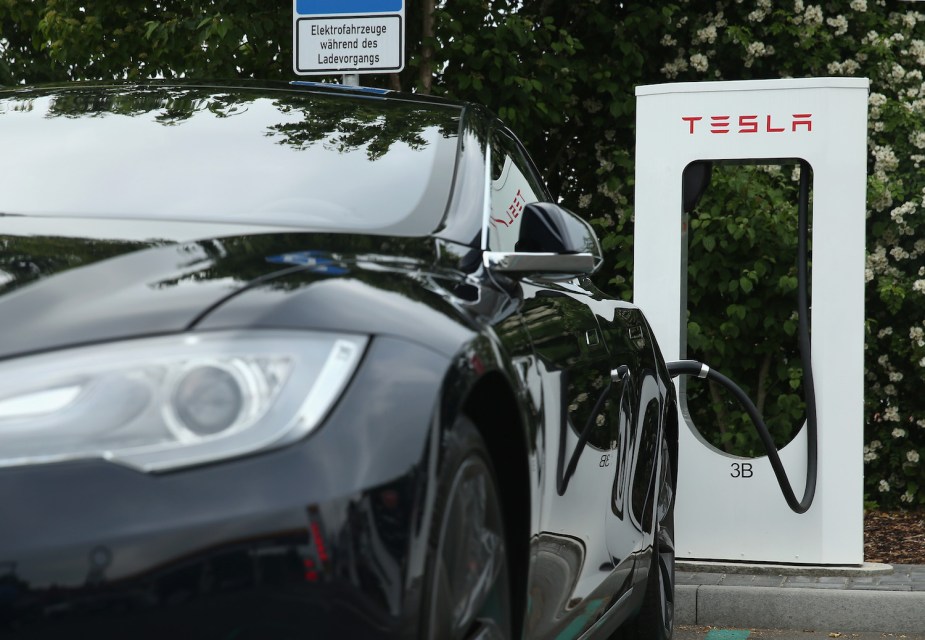
If you bought an EV and claimed a tax credit in the last couple of years, you may want to wait to upgrade. What’s more, if you make more than the new income cap, you won’t be eligible for a tax credit, no matter what you buy.
The experts at Hedges Company estimate that the average Tesla buyer has an annual income of over $120,000. And with the high prices of some of the company’s vehicles, we’re not surprised. But this means that most Tesla buyers will not be qualifying for the 2023 EV tax rebate, even if some Teslas do.
Next, read how the new tax rebate will apply to used EVs or learn more about the 2023 changes in the video below:

